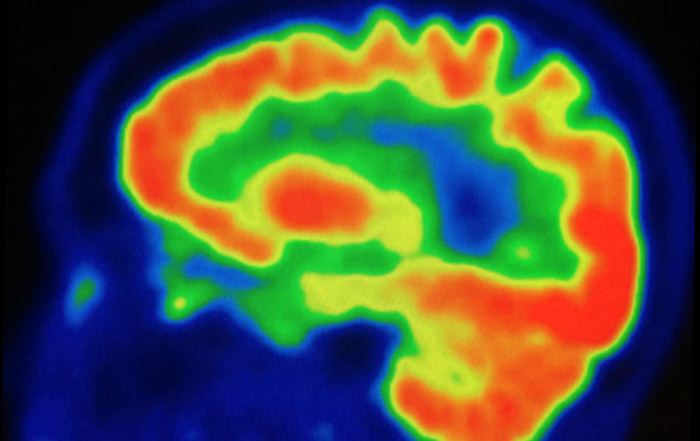A Translational Approach to Identify Biomarkers of COVID-19-related Social Stress in Healthcare Workers | Zannas & Rodriguez-Romaguera | $85,000
A Translational Approach to Identify Biomarkers of COVID-19-related Social Stress in Healthcare Workers 2020 Award: $85,000 Psychosocial stress is ubiquitous in modern societies and - especially when excessive or persistent - can lead to several psychiatric disorders, including major depressive, post-traumatic stress, and anxiety disorders. As we have all observed in the news recently, one of the most vulnerable populations in the COVID-19 pandemic is our healthcare providers. Our research will integrate human studies and preclinical mouse models of social stress to understand how persistent social stress affects this population. Need/Problem: Stress-related psychiatric disorders, including major depressive, post-traumatic stress, and anxiety disorders, are the most common mental illnesses in the United States. With the recent COVID-19 pandemic, both the Center for Disease Control (CDC) and the National Institute of Health (NIH) predict that the number of people suffering from [...]






